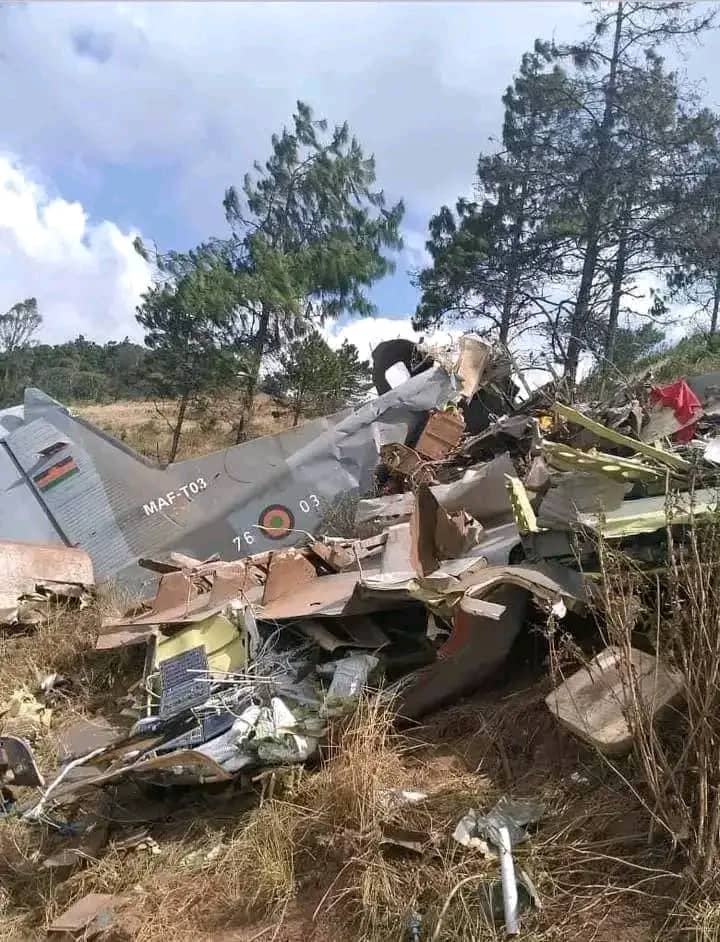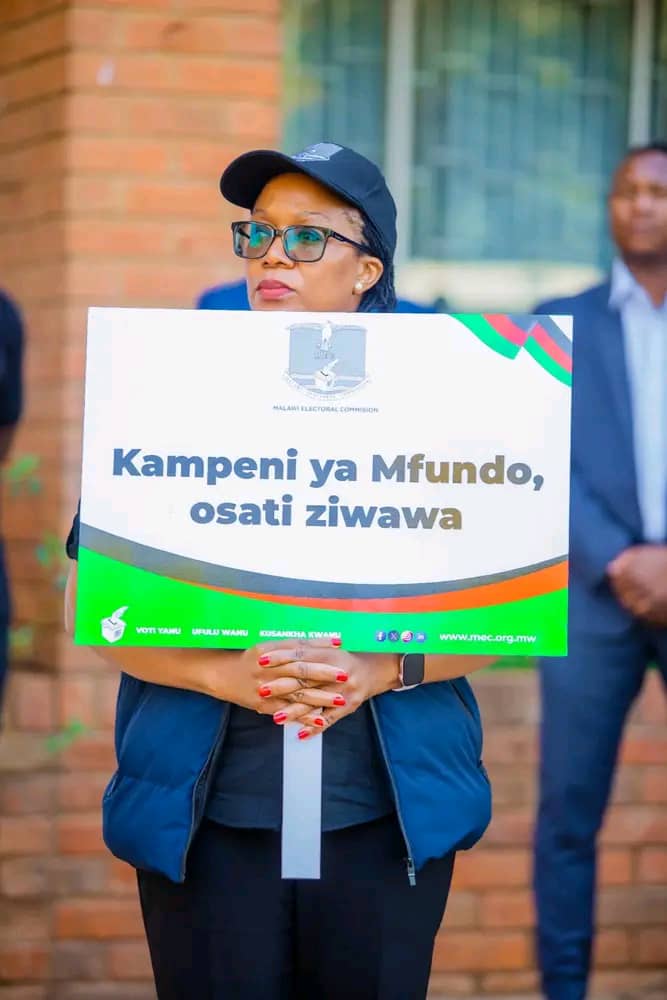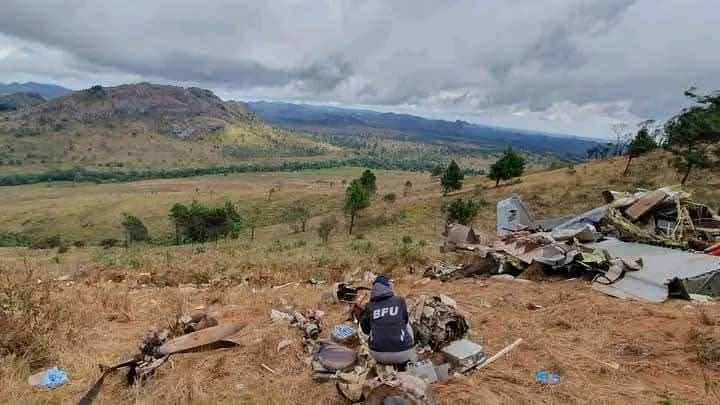By Burnett Munthali
The highly anticipated report on the plane crash that claimed the lives of several Malawians has left the nation divided. While the Commission of Inquiry concluded that “human error” was the primary cause, the findings have sparked criticism from various quarters, including political leaders. One such voice of dissent has come from Felix Njawala, the Publicist for the United Transformation Movement (UTM), who expressed dissatisfaction with the report, stating that it raises more questions than answers.
The Commission’s report, which attributed the tragic incident to pilot error, has been met with mixed reactions. While some Malawians have accepted the findings, others, including UTM’s Felix Njawala, believe that the report fails to address critical aspects of the crash. Njawala pointed out that, despite the Commission’s efforts, the inquiry leaves many crucial questions unanswered.
“The report on the inquiry has just left us with more questions than answers. Still, we will respond at an appropriate time,” Njawala stated in an interview, reflecting the dissatisfaction felt by several political and public figures. His comments come in the wake of a public outcry that questions the thoroughness and objectivity of the investigation.
One of the major concerns raised by Njawala and other critics is the lack of clarity in the Commission’s findings. While the inquiry ruled out foul play, it did not provide conclusive evidence of all the factors that may have contributed to the crash. Many have questioned whether the investigation thoroughly examined potential issues such as the aircraft’s maintenance history, weather conditions at the time of the crash, and possible systemic failures within the airline industry.
The UTM Publicist’s statement highlights the lack of transparency and the absence of a detailed explanation regarding the investigation’s Terms of Reference (TORs). Without these details, it is difficult for the public to fully understand the scope of the inquiry and whether all relevant aspects were considered.
Felix Njawala’s comments also underscore the political dimensions of the inquiry’s findings. As the UTM continues to grow in influence, the report on the plane crash could be seen as a politically sensitive issue. Njawala’s words suggest that his party is not ready to accept the Commission’s conclusions without further scrutiny. “We will respond at an appropriate time,” he said, signaling that the UTM might challenge the report’s findings or demand further investigation.
His statement reflects the broader skepticism that exists within parts of the political spectrum, with some critics suggesting that the Commission may have been too quick to close the case. While the government has accepted the findings, opposition parties and civil society groups have called for more transparency and a more in-depth investigation into the incident.
The frustration voiced by Njawala is also shared by many Malawians who feel that the crash’s causes were too narrowly attributed to human error. Several members of the public have argued that the pilots, who tragically lost their lives in the crash, cannot defend themselves against these accusations. The inquiry’s failure to rule out all possible factors, including mechanical failures or external interference, has left many people feeling that justice has not been served.
The call for accountability is clear. Critics are demanding that the government and relevant authorities take the necessary steps to ensure that future investigations are more comprehensive and transparent. For many, this incident represents a failure not only of the airline industry but also of the institutions responsible for ensuring public safety.
As the debate surrounding the inquiry report continues, it remains to be seen whether the government will respond to the criticisms or reopen the investigation. For Felix Njawala and the UTM, the issue is far from settled. Their statement indicates that they are prepared to engage with the findings at a later time, and it is likely that further scrutiny will come from political leaders and civil society groups alike.
In the coming days, it is expected that the public and political figures will continue to voice their concerns, demanding greater clarity and transparency. The report has, for now, fueled a renewed debate about accountability, transparency, and the integrity of public investigations in Malawi.
The nation waits to see how the government and political parties will navigate this sensitive issue and whether any further action will be taken to ensure that the full truth behind the crash is uncovered. For now, the inquiry’s findings remain a topic of division, with many feeling that the final chapter has not yet been written.



